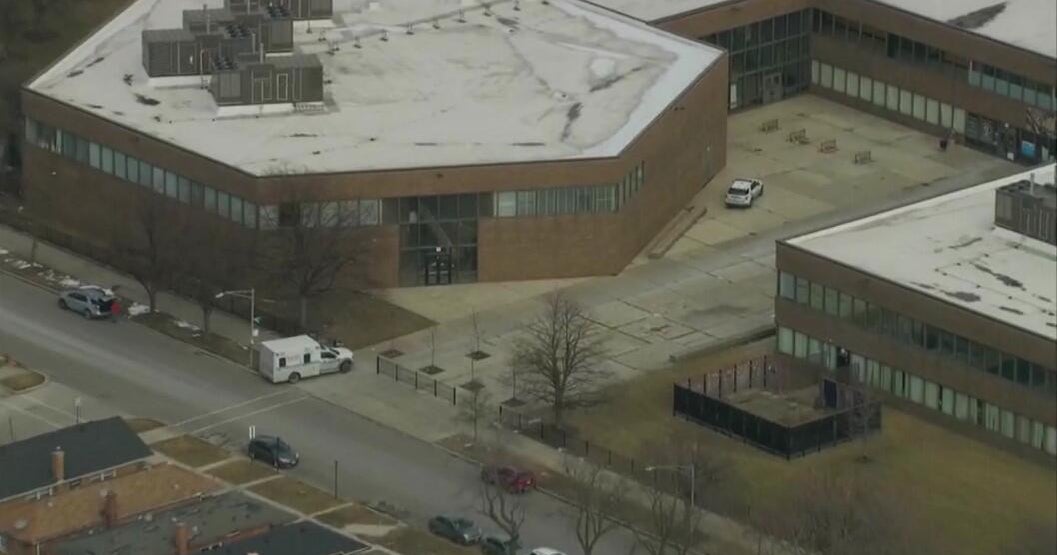Dallas Mulls More Spraying As 8th West Nile Death Reported
DALLAS (CBSDFW.COM) - There's a new battle in the fight against West Nile Virus, but it's not about which insecticide to use, but how to use it: by air or by ground.
The Dallas County Medical Society board of directors voted 13-0 to recommend to Dallas County Health and Human Services that aerial spraying of insecticide should be utilized to combat West Nile Virus.
The increasing number of deaths, 8 in Dallas County alone, and the steadily increasing number of human cases were cited as reasons for the recommendation.
"The fact that some of these fatalities had been in areas that had already utilized ground spraying, the concern is that we need to proceed further with more effective measures," said Mark Casanova M.D., a member of the Board of Directors for the Dallas County Medical Society.
In an update to the Dallas County Commisioner's, DCHHS Medical Director, Zach Thompson was praised by commisioners' for their proactive work in fighting West Nile Virus.
Dallas County health officials said they have no intention of recommending aerial spraying of insecticide anytime soon.
"If you're talking about aerial spraying over an urban area we really need some information and some research to really look at how effective its going to be," Thompson said. "That can't be based on just someone sending a letter to us."
Residents in the 75299 zip code, where the latest West Nile Death victim lived, say they are concerned about the possible health effects that aerial spraying could leave behind.
"You have less control over where you're hitting and you're more likely to hit unintended targets, like human beings, animals and sensitive water ways," said Jenny Land, a North Dallas resident.
Dallas County Medical Director Christopher Perkins D.O. shares those concerns.
"When you do a blanket approach and you have people with possible underlying issues, you've got to take precautions necessary not to be exposed," he said. "Yes, if a person is out there and gets a high enough dose, they can have symptoms."
But Casanova argues urban areas like Houston and New York City have utilized aerial spraying to fight West Nile Virus and says certain high risk areas are not reachable by traditional ground spraying trucks.
"We can only reach areas that are accesible by roads. Bodies of water, large parks, alleyways, can't be reached with ground spraying," he said.
Aerial spraying hasn't been conducted in Dallas since the 1960's and Thompson says there needs to be more research done about how it affects urban areas.
For the now, the county will be spraying more, but it will be from the ground.
Areas with a high number of human cases and/or mosquito traps that test positive for West Nile Virus will be sprayed 3 days in a row, something the CDC recommended and says has been effective in other cities.
Dallas County Health and Human Services has met with municipalities since early May to decide how to approach combating West Nile Virus and their concensus was ground spraying and public education that focuses on prevention.
"We are going to stay the course. That's what the cities agreed on, that the stepped up spraying approach is going to be beneficial. If not, we'll regroup," Thompson said.







